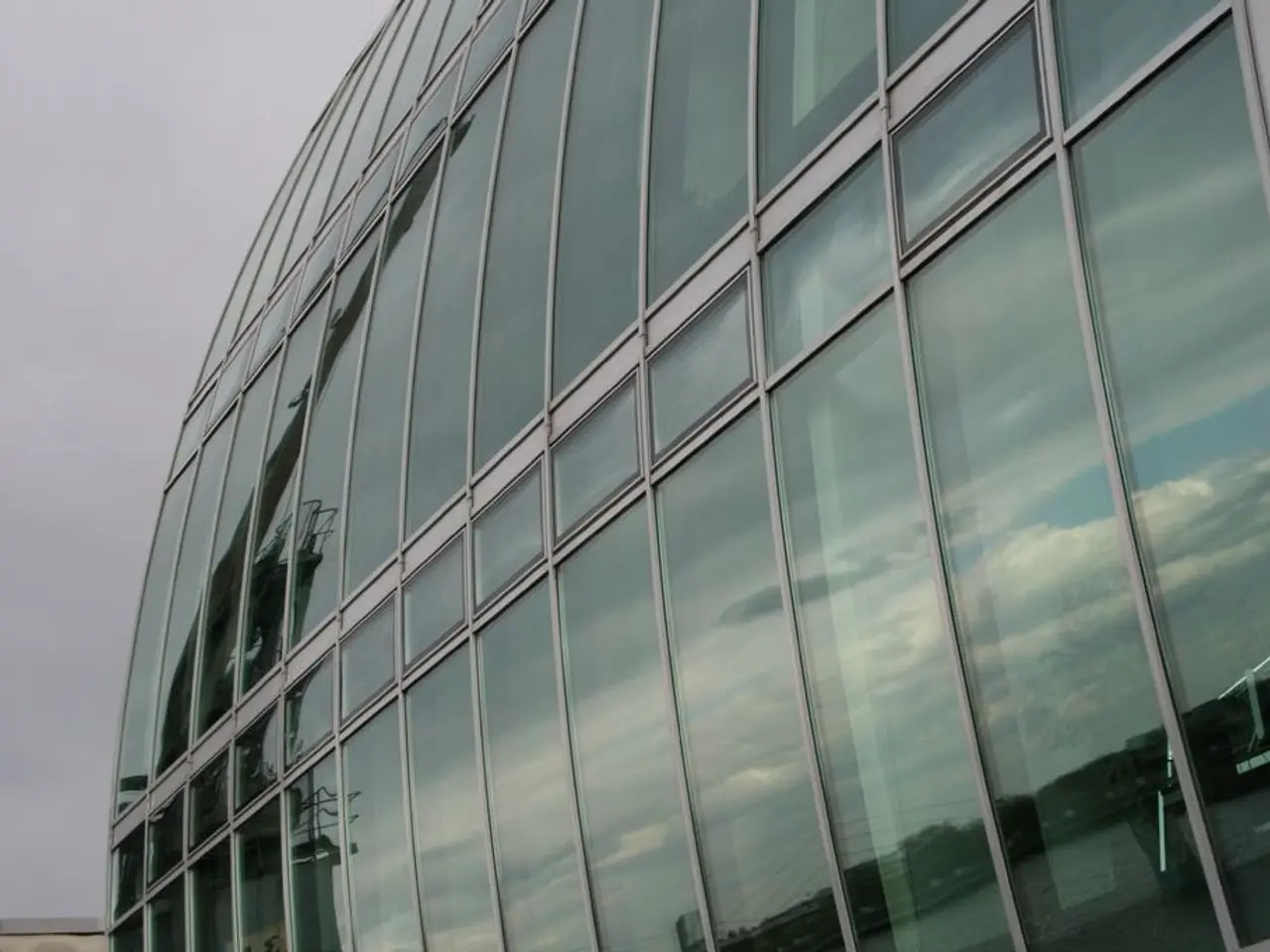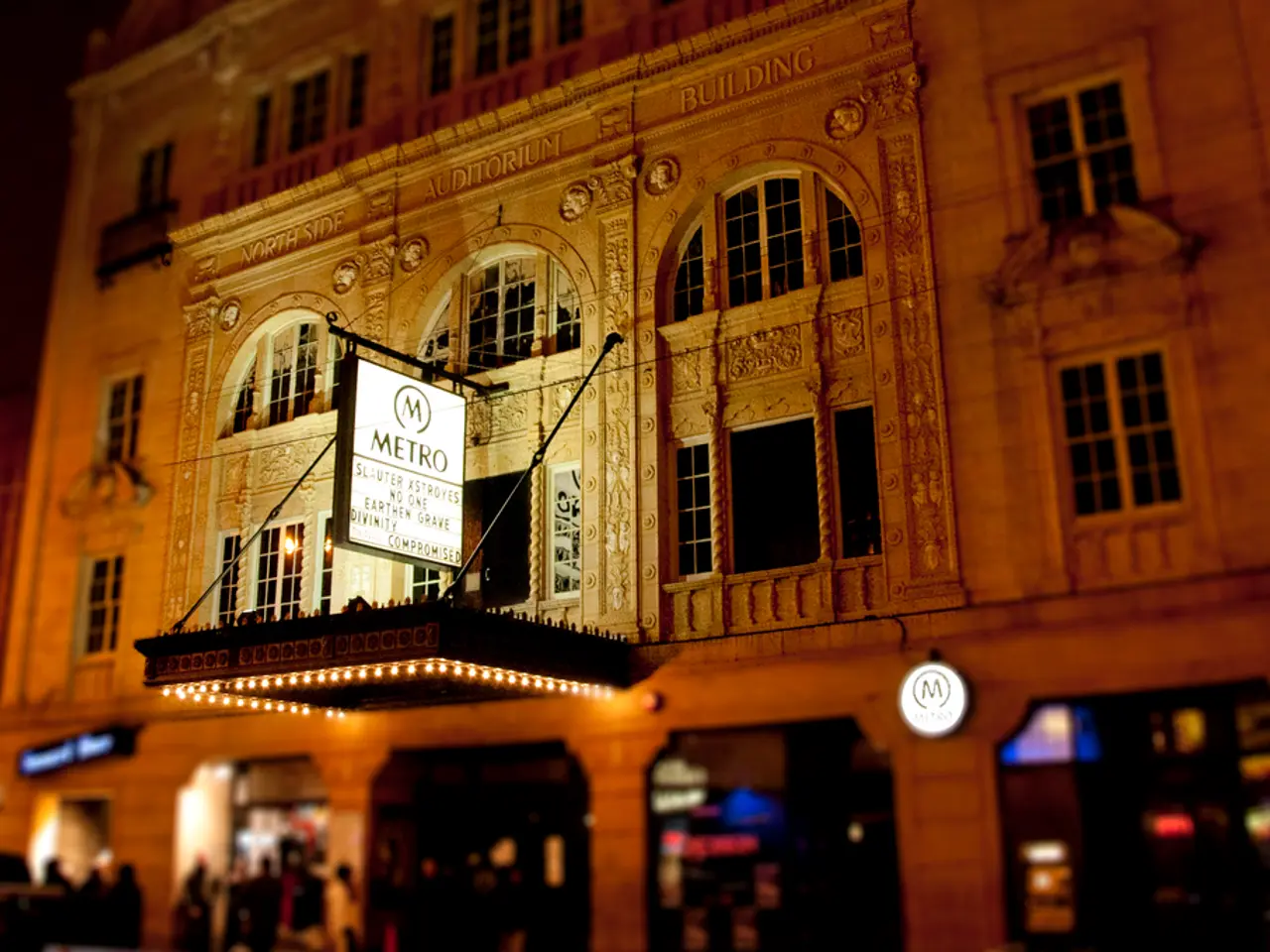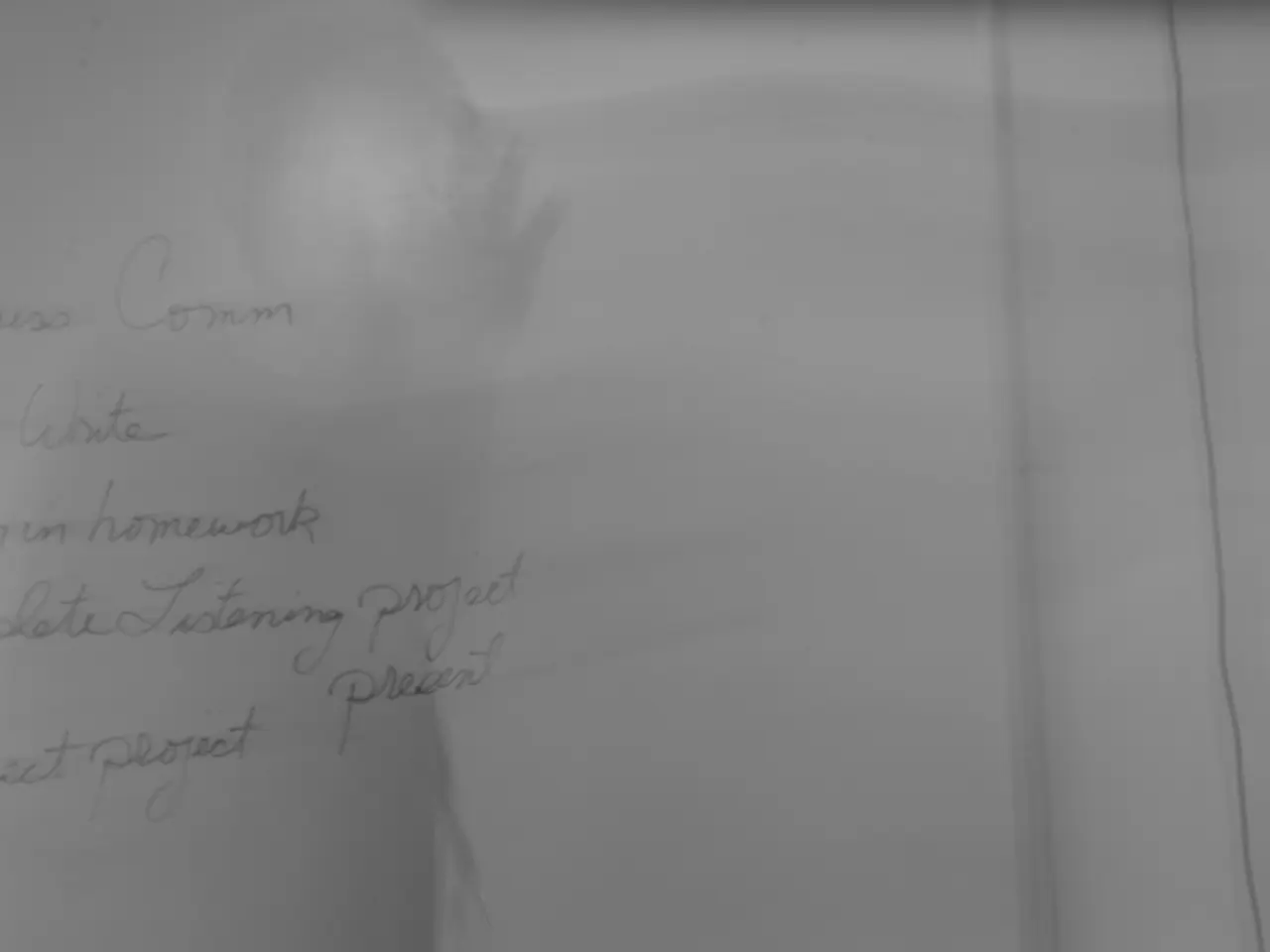Berkshire Hathaway's earnings from operations decrease, while cash reserves attain a peak level, according to Warren Buffett.
Warren Buffett's Berkshire Hathaway: The Cash King's Strategic Reserves
The famed conglomerate, Berkshire Hathaway (BRK.A, BRK.B), recently reported a 14.1% year-over-year drop in first-quarter operating earnings, sliding from $11.22 billion to $9.64 billion[1]. The Omaha-based empire took a hit in its insurance underwriting business, contributing to the decline.
Berkshire's cash reserves, however, continue to swell, reaching a staggering $347.7 billion[1]. This fortune is mainly tucked away in cash, cash equivalents, and U.S. Treasury bills, an increase from the $334.2 billion reported in Q4[1]. Despite the robust cash hoard, Buffet's holding company didn't repurchase any stock during the period.
Many investors are curious about what Buffett, the "Oracle of Omaha," plans to do with this growing reserve. Last year, he suggested that finds meeting Berkshire's criteria were few and far between[1].
As Berkshire's latest results were unveiled ahead of the company's annual shareholders meeting—an event that attracts tens of thousands of visitors—Buffett is expected to discuss investment opportunities and the overall economy[1].
Berkshire's Class B shares have enjoyed a 19% gain this year, bucking a trend where the S&P 500 has fallen by more than 3% amid heightened volatility[1]. Friday's rally brought the benchmark index back to its pre-"Liberation Day" levels[1].
But what's the Oracle's strategy for his colossal cash reserves[2]? Buffett makes no bones about hoarding the cash just for his successor, Greg Abel, to invest[2]. Instead, he openly seeks high-quality investment opportunities and wouldn't withhold them merely to make his successor shine[2]. Buffett has expressed a willingness to invest up to $100 billion if the right value proposition arises[2]. However, the scarcity of such opportunities due to inflated valuations in public stocks, private businesses, and even Berkshire's own stock, has slowed the deployment of capital[2][3].
Buffett prefers a $50 billion cash reserve, hinting at a desire to invest more of the current pile[2]. Yet, he also acknowledges that investing large sums indiscriminately when quality bargains are absent would be "the dumbest thing in the world"[2]. This stance underscores Buffett's core investment philosophy: patience and an unwavering focus on truly great opportunities rather than reckless spending[4].
In summary, Buffett's plan for the cash reserves prioritizes financial discipline and liquidity, ensuring optionality to act decisively when value presents itself[3][4]. He anticipates this strategy to persist, with possible shifts over a five-year horizon, but immediate changes are unlikely[3][4].
- Warren Buffett, the legendary investor known as the "Oracle of Omaha," has expressed a willingness to invest up to $100 billion from Berkshire Hathaway's cash reserves, should the right investment opportunities arise.
- Buffett's strategy for his colossal cash reserves involves prioritizing financial discipline and maintaining liquidity, ensuring readiness to act decisively when valuable investment opportunities present themselves.
- Despite the massive cash hoard, Buffett has been slowing the deployment of capital due to inflated valuations in public stocks, private businesses, and even Berkshire's own stock, making it challenging to find high-quality investment opportunities.
- Though Buffett prefers a $50 billion cash reserve for investing purposes, he acknowledges that investing large sums indiscriminately in less favorable market conditions would be unwise, emphasizing his core investment philosophy of patience and focus on truly great opportunities.




